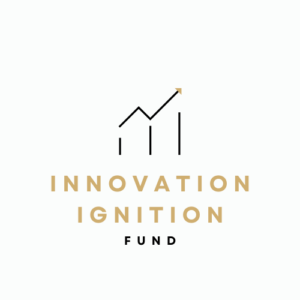The School of Medicine Basic Sciences and the Office of the Vice Provost for Research and Innovation are piloting the Innovation Ignition Fund, which will de-risk small molecule therapeutic projects at the very early target-validation and lead-optimization stages.
Selected projects will receive up to $500,000 over two years and industry mentorship from drug development experts at Vanderbilt, including researchers at the Vanderbilt Institute of Chemical Biology, the Warren Center for Neuroscience Drug Discovery, and the Vanderbilt Center for Cancer Drug Discovery.
“With this new fund, Vanderbilt expands its commitment to accelerating drug discoveries that have the potential to transform health care,” said Vice Provost for Research and Innovation Padma Raghavan. “I’m eager to see the new projects that are advanced through the Innovation Ignition Fund in collaboration with the Office of the Dean of School of Medicine Basic Sciences.”
The Innovation Ignition Fund will assist faculty with early-stage drug development projects, providing funding for the initial data-gathering experiments needed to de-risk drug development projects to the point where they are optimized for further funding or industry collaboration.
This initial period, which most likely will cover the target validation and the lead optimization stages, is very difficult to fund because of the high degree of uncertainty surrounding project success.
“The Innovation Ignition Fund will have a catalytic impact on our drug discovery and development initiatives at Vanderbilt. Our collaboration with the Office of the Vice Provost for Research and Innovation will foster increased engagement between our faculty and drug discovery experts and will hopefully result in the translation of basic science into therapeutic advances,” said John Kuriyan, dean of the School of Medicine Basic Sciences and University Distinguished Professor of Biochemistry and Chemistry. “Ultimately, our goal is to infuse innovative ideas into the therapeutics development pipeline.”
Upon submission, proposals will be reviewed by a panel of experts, including several members of the Board of Visitors of the School of Medicine Basic Sciences.
Faculty with a primary or secondary appointment in a School of Medicine Basic Sciences department can submit proposals as a principal investigator. Applications will be accepted from Feb. 1 to April 1, 2024, and awardees will be notified by May 1, 2024.
